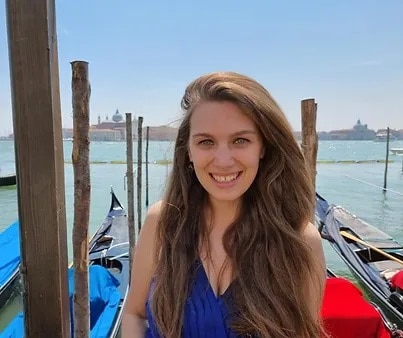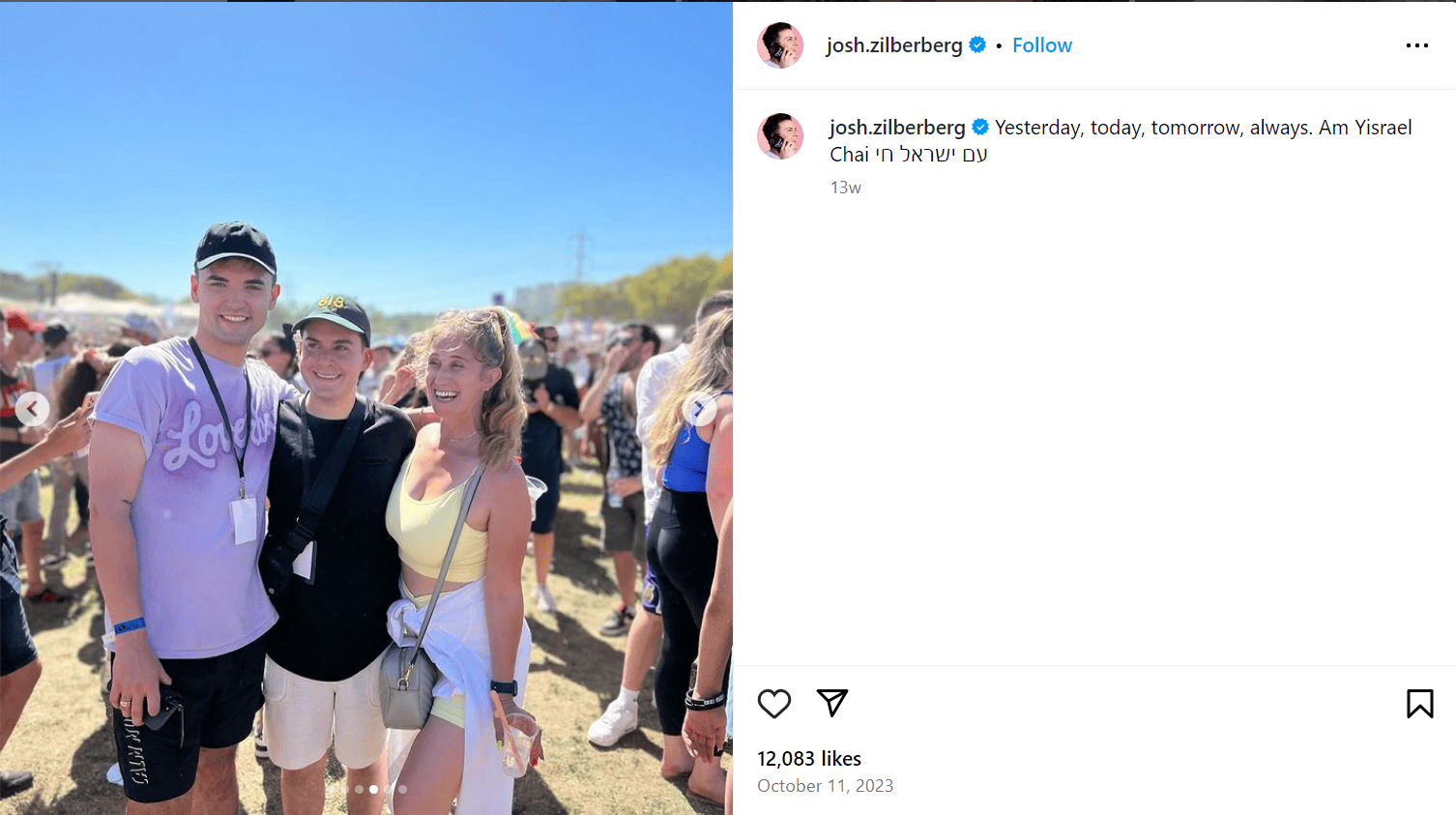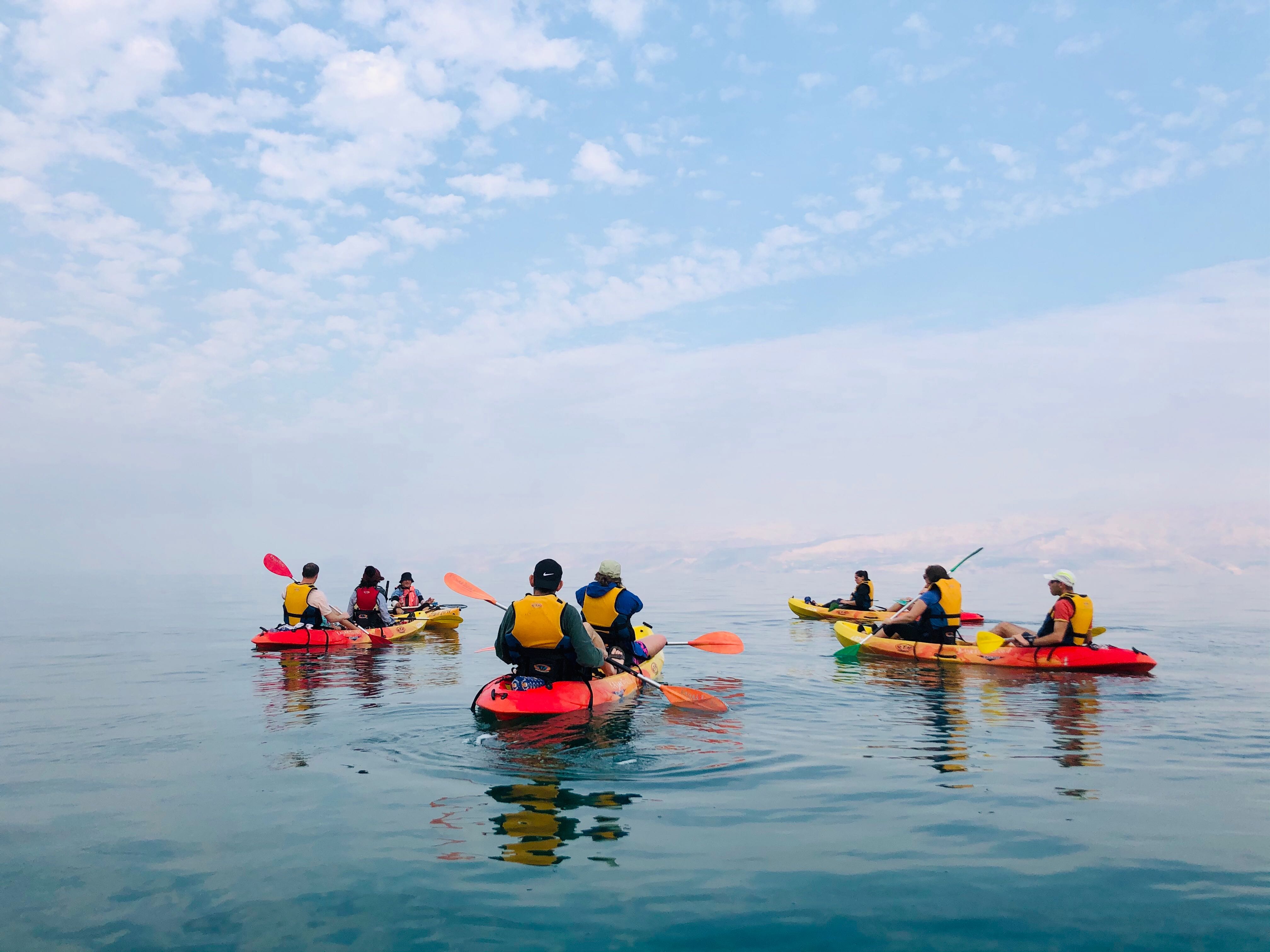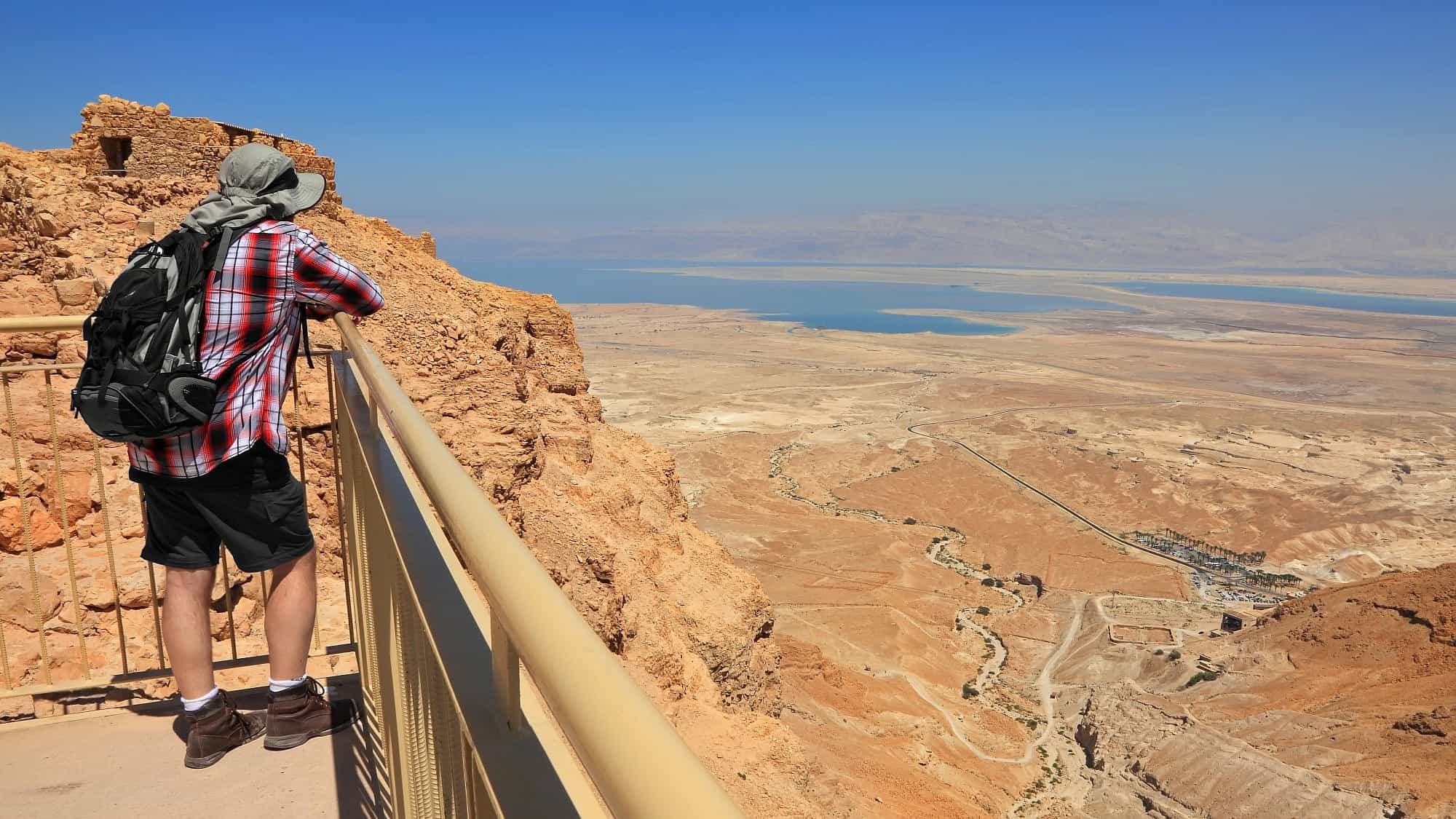With the realization that the social-media pen is mighty like the sword, the nonprofit organization Yalla Israel focuses on sending social-media influencers to Israel to experience the Jewish state firsthand and, it hopes, to portray Israel in a positive light to their large online followings.
Based both in Israel and the United States, the entity is funded by the Adelson Family Foundation and the Maccabee Task Force Foundation, and focuses on users with an average of 3 million followers across social-media platforms. It sponsors “VIP experiences” for those influencers, some 100 of whom it has already brought to the country.

Yalla, which means “hurry up, “come on” or “let’s go” in Arabic, customizes itineraries for visitors, including in Jerusalem, Tel Aviv, the Dead Sea and Eilat. “You’ll get the exclusive vacation that no one else can offer,” it states on its site. “Experience unique fine dining by some of the world’s most famous chefs, limited access to archeological and historical sites and more.”
Sarah Granof, co-director of Yalla Israel, told JNS that the visitors have different approaches to and understanding of Israel. “We have some influencers that have a Jewish friend that gives them a huge list, and they walk through 25 restaurants they want to go to and they’ve done the research on 75 sites,” she said. “Some of them are like, ‘I don’t really care. I’m expecting camels.’”
Yalla, which was founded in May 2020 in the midst of the COVID-19 pandemic, has been bringing VIPS to the country for two years now, since Israel opened back up to tourists in January 2022. Since the Oct. 7 terrorist attacks by Hamas in southern Israel, it has brought all participants to the border with the Gaza Strip, so that influencers can visit with families of those still being held hostage there.
Participants post 100 times on social media on average during their trips, Yalla told JNS. That means that some share images, videos and text about Israel with at least millions who haven’t thought previously about the Jewish state at all, or at least not positively.
A former Israel Defense Forces spokeswoman and former speechwriter to Danny Danon when he was Israeli ambassador to the United Nations, Granof was born in New Jersey and grew up in Chicago.
She noted that she wanted to finesse the relationship between the United States and Israel, wanting “to find something in between through some avenue.”
She met Uriel Dison, now co-director at Yalla Israel, while working with college students in 2020 to understand the levels of campus antisemitism, especially that connected to anti-Israel sentiment.
“Students were getting their primary source of information and influence through social media, specifically the influencers they follow,” Granof said. That meant that those like Bella Hadid, the American model of Jordanian and Palestinian descent who often posts libelous anti-Israel content, she said, “had an overwhelmingly strong voice.”
“When students don’t see their role models supporting Israel publicly, it is also reflected on campus and in their social circles,” she added.
‘It really humanizes the country’
Granoff spoke to JNS from Toronto, where she was visiting the TikTok star Josh Zilberberg at his parents’ home.
Zilberberg, who has some 3.1 million TikTok followers and another 1.4 million followers on other social-media platforms, visited Israel in the summer of 2022 on a Yalla trip. His posts don’t tend to be about Judaism or Israel; still, he told JNS that it’s nice to have a platform where he can share pro-Israel content with those whom it wouldn’t otherwise reach.

“Growing up, I was always someone that connected to Israel. I grew up in the Jewish community. But having a large platform, there’s a lot of pressure to post content that sort of fits the narrative that the masses want to consume,” he told JNS.
He credited Granof with “allowing me to bridge my normal content style, which is my bread and butter and how I actually make my income, with being able to speak on something that I am so connected to and passionate about.” Granof helped him do that “in a way that maybe doesn’t feel so scary and has empowered me in times of conflict when I’m not immediately on the ground in Israel,” he said.
Dison, Granof’s co-director, told JNS that a key part of Yalla’s strategy is not to take people “from the base.”
Instead, it looks for influencers who have young, relatively progressive audiences of several million, and who are open-minded and excited to travel to Israel.
Zilberberg told JNS that influencers emphasize things differently among themselves, just as one signer might opt to work on the melody first and another might begin with lyrics.
“At the end, everyone gets a song,” he said. “When I have an idea, I pop my phone on a windowsill or in front of a light, and I film it right away. When I was there, I was like, this is perfect. I’m going to capture this. And within 15 minutes, it’s up.”
Others prefer long-form content that can go into editing and post-production. For all, Zilberberg said, the trip creates a bond.
“It really humanizes the country,” he said. “It’s been a year and a half since I was there, and I’m in a group chat with five or six other major influencers that have visited Israel.”
“Maybe they didn’t have the biggest connection to Israel. Whether they’re Jewish or not is irrelevant. Now they’re advocating and speaking for the Jewish people when they’re in danger,” he added.
Among the others whom Yalla has brought to Israel are actress and fashion model Torrey DeVitto; fitness influencer Sommer Ray; lifestyle influencer Racquel Natasha; and actor Noah Schnapp, all of whom have largely progressive audiences. All are also posting pro-Israel and anti-Hamas material during the war.
Granot, Dison and Zilberberg have noticed a promising pattern among Yalla Israel’s influencers, who are posting more about Jew-hatred as antisemitism has risen.
“When it’s time to speak up, they’re making more content and reaching eyes not only to show off the pretty beach in Tel Aviv or this cute restaurant where they got some falafel and hummus, but about how Israel is the only democracy in the Middle East, and Hamas is a terrorist organization,” Zilberberg said.

‘You win some, you lose some’
Yalla Israel staff attempts to explain to the influencers the inevitable hate they will receive in some online comments based solely on taking a trip to Israel, and are available to answer questions about comments that they may be unsure how (or if) to respond to.
Some influencers even ask to post less as the trip goes on, affected by the vitriol directed their way. But the animus can often have the opposite effect.
“By the end of the trip, a lot of them get a little bit excited about the hate because they feel what antisemitism is like and the baseless hatred, and they don’t care so much,” said Dison. “Some of them even say it’s the most engaged they’ve ever been because they get thousands of comments, and the posts get to a lot more people. You win some, you lose some, but they do get a lot of love as well.”
For Yalla Israel, the dividends are focused not just on the immediate return of the trip and the exposure to cultural Israel for the influencers’ followers.
“You now have a friend of the country for life with a voice that reaches millions of people,” Zilberberg said.
That includes himself, who didn’t know Granof before he was invited to visit Israel. When JNS spoke with the two, Zilberberg and Granof were planning a social strategy on how to advocate for Israel during wartime.
“I’m not someone that ever spoke about my Jewishness or my connection to Israel in the three years I had my platform,” he said. “But it’s 18 months after I met Sarah, and she’s in my mom’s kitchen.”


























